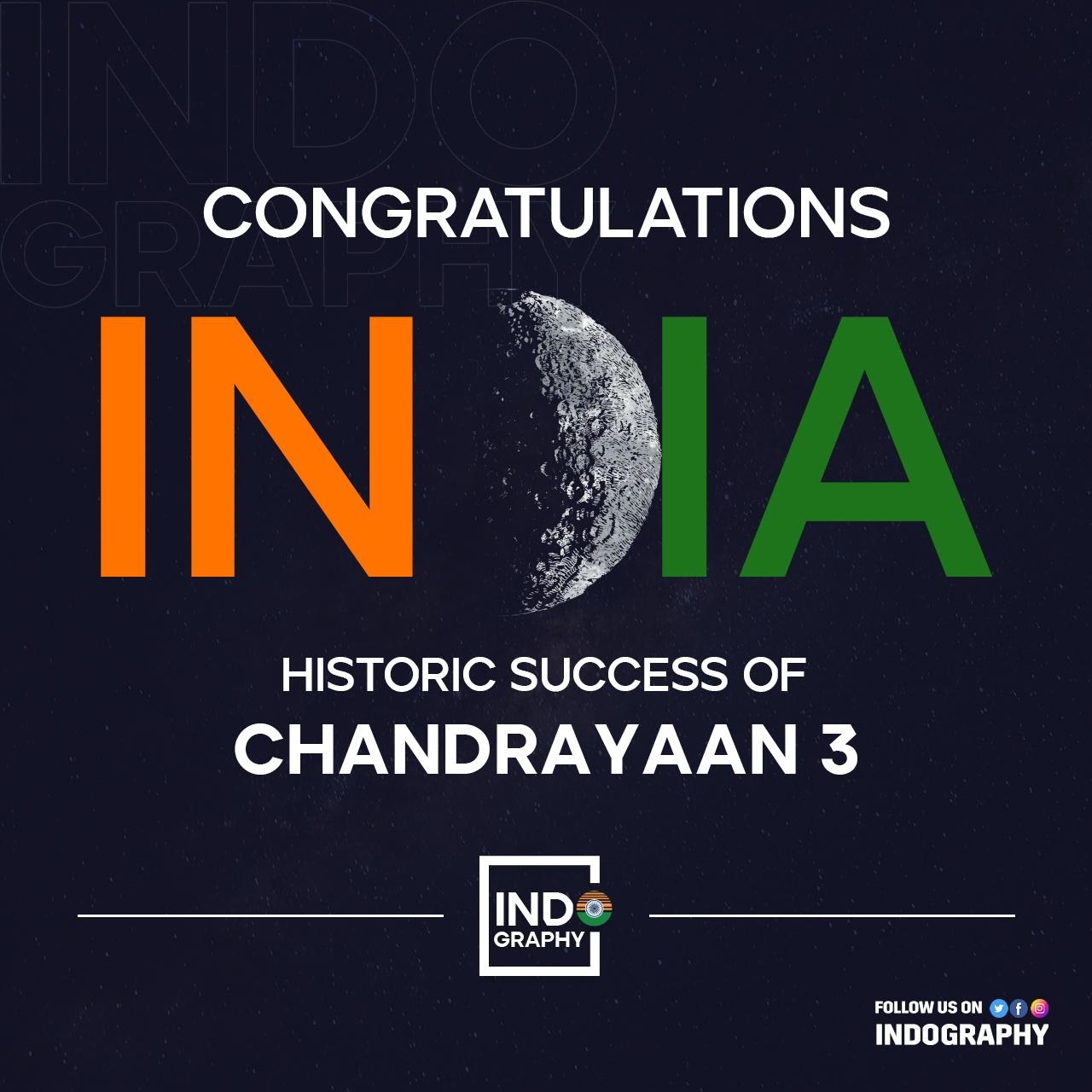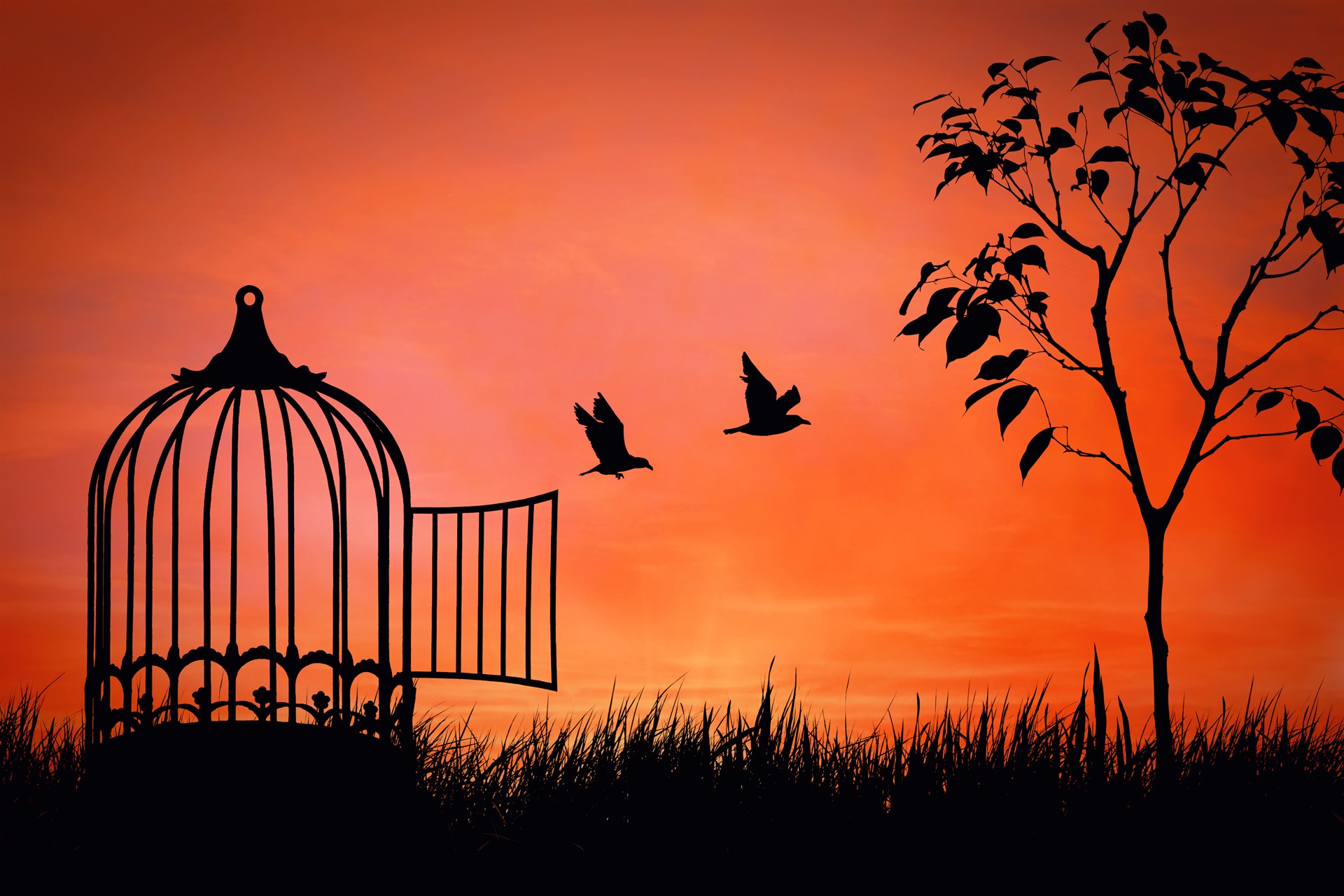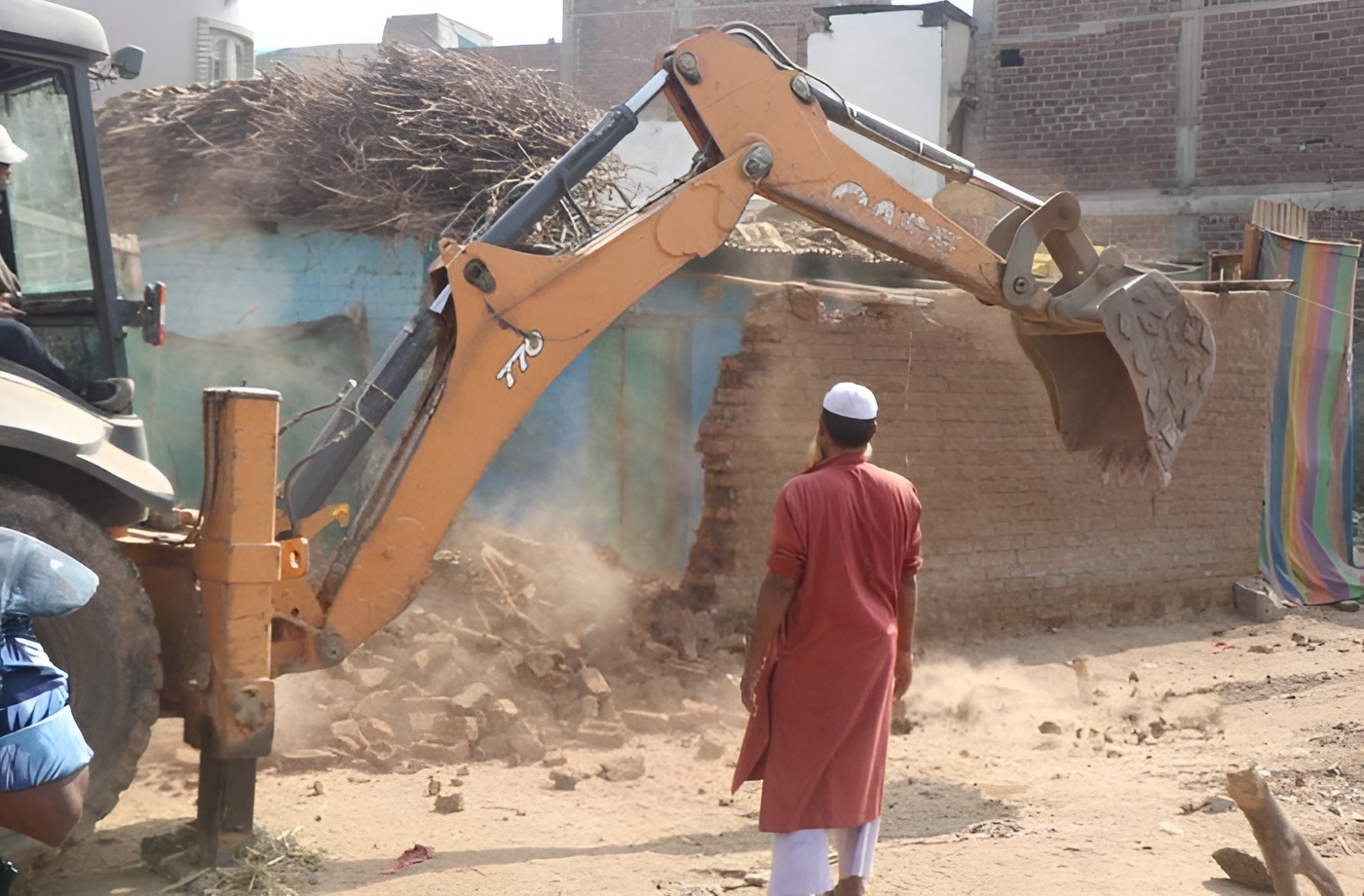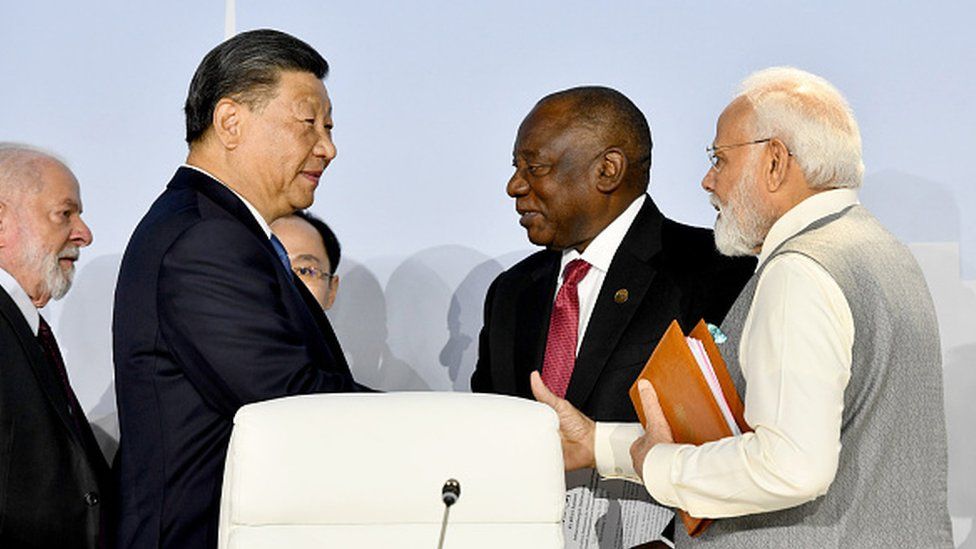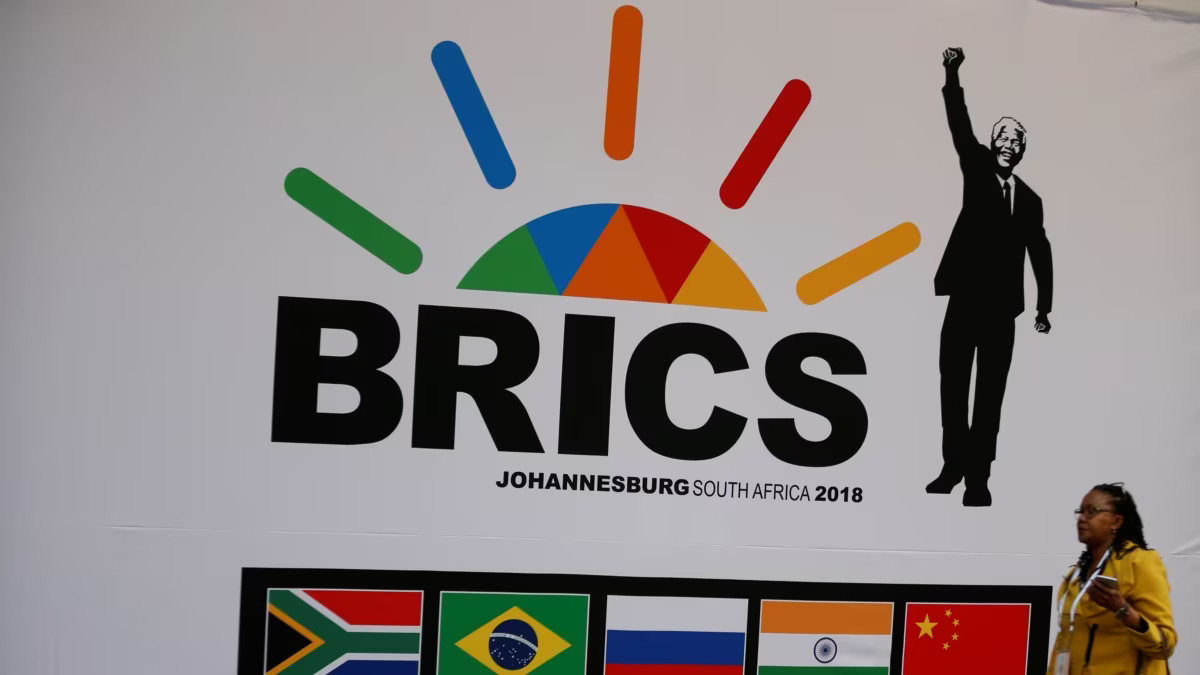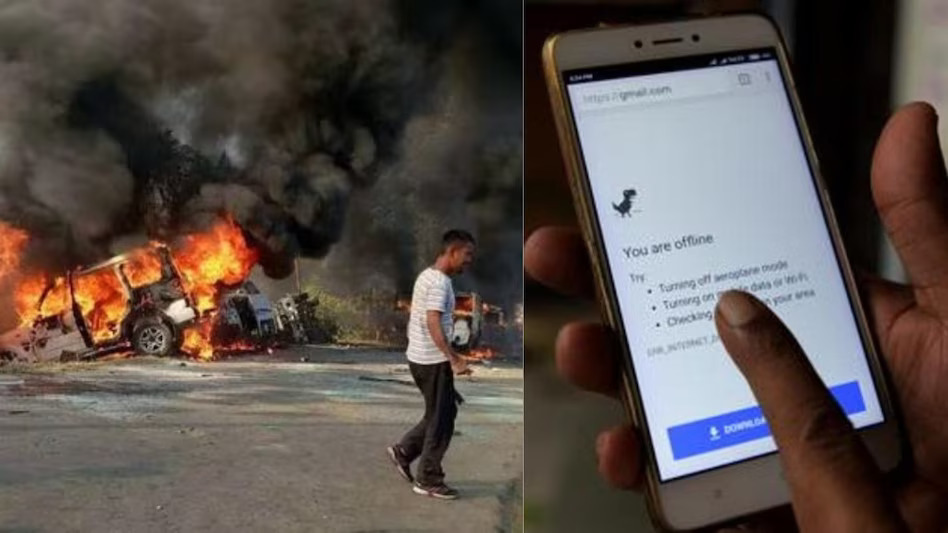The caste system, a firmly entrenched social structure, frequently casts a shadow on India’s rich cultural history. Millions of people have been affected by this system for ages, which has resulted in prejudice, inequality, and social injustices. For India to fully advance as a nation, escaping the hold of the caste system is not only a goal but a need. The caste system in India is a sophisticated social framework that creates various hierarchical groupings within society according to birth. Brahmins (priests and academics), Kshatriyas (warriors and rulers), Vaishyas (merchants and traders), and Shudras (workers and service providers) are the traditional caste divisions for these groups. There is also the “Dalit” or “Untouchable” caste, which has historically endured the worst kind of persecution and abuse.
Another effort that we as a country must make is the process of “de-casteing” ourselves as we seek to decolonize our awareness. The challenge of decolonizing ourselves is enormous, but despite that, I think it will be simpler than doing away with caste and casteism. All Indians recognise the political, economic, and cultural hegemony endured at the hands of colonialism, and as a result, we may fight to create an Indic framework for life and history. But if we reject its grip on our culture, how can we go about de-casting ourselves?
The oppressed castes, such as the Paswans, Meghwals, Kumars, and Rams, require decades to accept their surnames. It serves as a reminder of how simple it is to erase our tales and deny us agency over our own lived experiences when we hear individuals claim that we live in a casteless society or that they do not see caste. Why would Darshan Solanki choose suicide if there were no caste or the severe marginalisation brought on by its practise? Why would a little child be killed by beatings simply for not knowing which water pot to drink from? Why would riding a horse cause young men to be shot?
I’ve seen individuals argue against reservations and for “merit” on social media. We must review the reservation policy if, even after 75 years of independence, underprivileged populations are underrepresented in elite institutions. People who have surnames from lower castes are shunned as “non-meritorious quota kids” and do not consult physicians. We begin Googling the name of the chief engineer whenever a dam, structure, or bridge fails, and hateful remarks with the phrase “must be from a reserved category” immediately follow.
Every Dalit’s lot is to be aware of any situation where we can be picked out because of our caste identity. Therefore, it is violence against our selfhood to say that caste is only a categorization or an ascriptive identity that has no influence on how our lives will turn out. Caste is something that some people choose not to see, but not us. Let’s admit that casteism exists in Indian society today, in the 77th year after we gained our independence. It is critical to acknowledge how our access to opportunities and our relationships with society are shaped and transformed by our caste identities. Denying it just causes these identities to become more extreme, deepening the gap. This acceptance is crucial if we are to ever create a society that is really caste-free, because how can we combat an aberration that we refuse to acknowledge?
Due to the Constitution, we have taken up residence in Lutyens Delhi, but our fight is to get admission to the exclusive institutions on Lodhi Road. We are politically active and represented, but we still require representation in kala sangams, theatre programmes, academic settings, and the media. Reservations alone won’t guarantee our participation in these arenas; we also need the backing of those currently present.
As a developing power, our country must guarantee that diversity, inclusiveness, and equity are also reflected in our policies. We Dalits could also harbour mistrust towards the affluent class in society. Denying our Dalit heritage just feeds that mistrust. Being triggered is neither the way forward nor the way out for my Dalit brothers and sisters; instead, we need to work on the mistrust we feel for other people. It’s time to move from victimhood to “victory hood” right now.
We have recognised and honoured local and regional icons while commemorating Azadi Ka Amrit Mahotsav. We must now acknowledge the illustrious past of our surnames. Without Dalit involvement, the Indian independence movement is lacking. The names of Dalit historical leaders like Jhalkaribai, Uda Devi, Mahabiri Devi, Mangu Ram, and others were formerly obliterated, but today they are treated very seriously. In a respectful and open manner, we are taking back our past.
India’s social fabric has been deeply damaged by the caste system, yet emancipation is still conceivable. India may strive towards tearing down the caste-based structure that has held it back for millennia through education, awareness, legal protections, economic empowerment, and social inclusion. All members of a unified, caste-free society can look forward to a better future in which individual talent and character are valued above disparities based on birth. It is everyone’s duty to make sure that the caste system’s legacy does not determine India’s future but rather serves as a historical lesson for creating a more just present and future.



